Arts And Science Research
-

The physicist who wants to build a telescope bigger than Earth
Vanderbilt professor Alex Lupsasca plans to extend Earth's largest telescope network beyond the atmosphere with a space-based dish. It could spot part of a black hole we've never seen before – and perhaps discover new physics. Read MoreJul 17, 2024
-
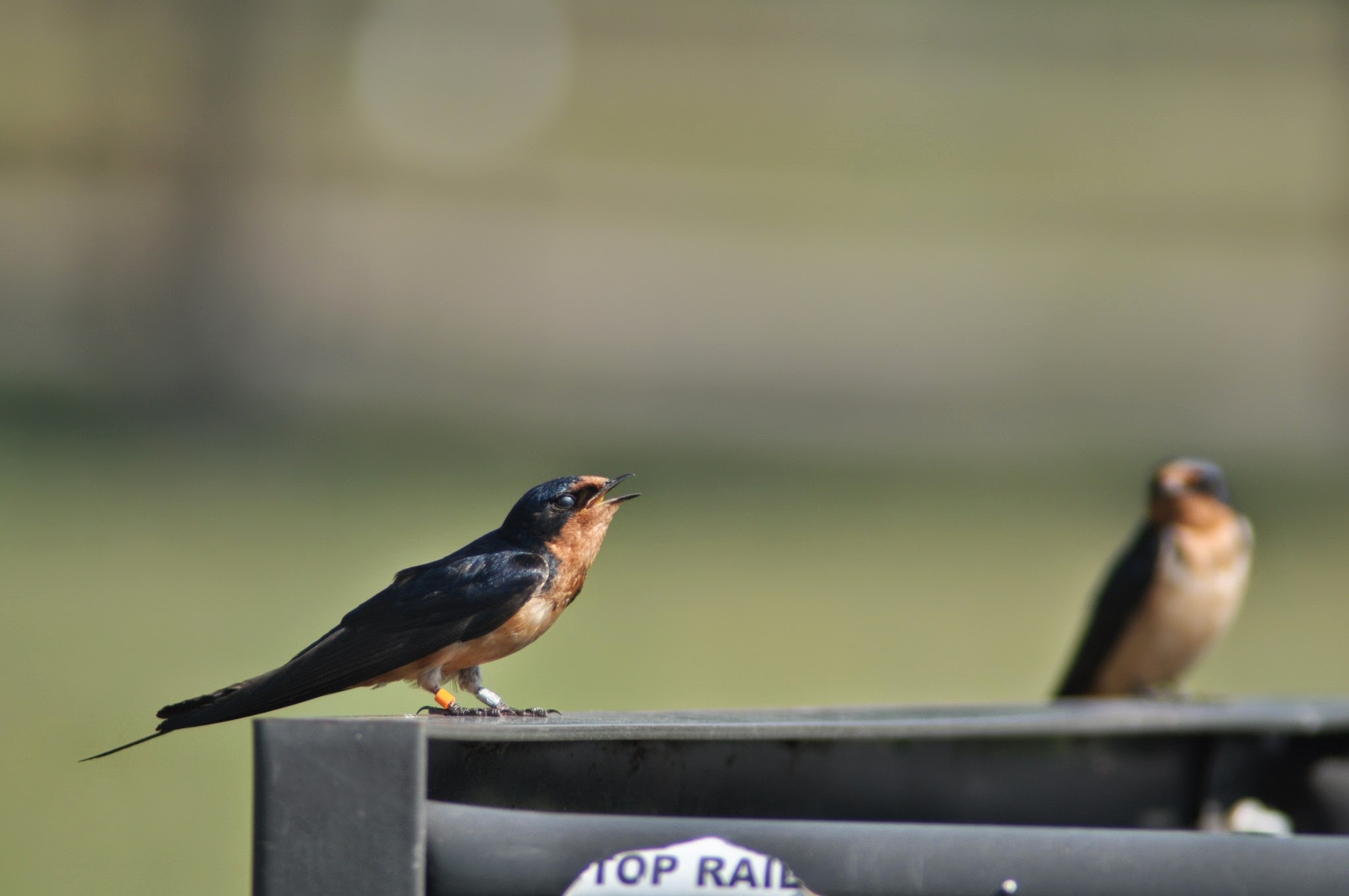
Heard that Bird: Creanza Lab develops free curriculum to teach birdsong identification
The Creanza Lab, along with alumnus Matt Wilkins, BA’06, created a birdsong identification lesson plan for middle and high school students. The game show lets participants identify which birds they can hear in various pop culture media, such as movies, music, or video games. Read MoreJul 2, 2024
-

Vanderbilt names spring 2024 Seeding Success Grant awards
Thirteen innovative projects across seven colleges and schools have been selected for the spring 2024 round of Seeding Success internal grants. The Office of the Vice Provost for Research and Innovation announced the recipient list on May 31. Read MoreJun 25, 2024
-

Gilligan awarded spot in American Geophysical Union’s Voices for Science program
Jonathan Gilligan was awarded admittance to the American Geophysical Union’s 2024-2025 Voices for Science program to hone their communication and advocacy skills to increase understanding and support of science. The program trains scientists to communicate the value of Earth and space science to key decision makers, journalists, and the public, with the hope of solving some of the most critical climate-related challenges facing society. Read MoreJun 21, 2024
-
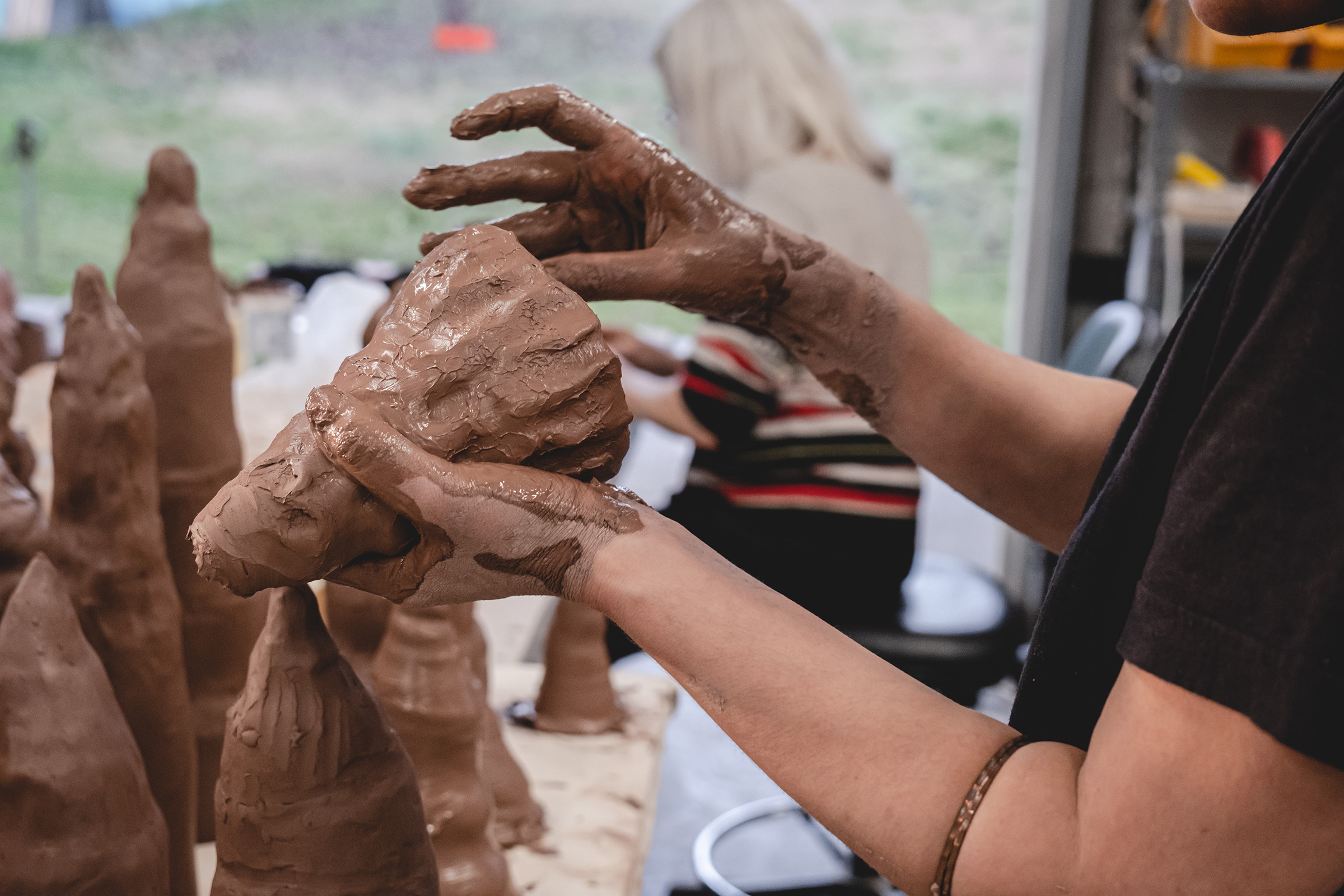
‘Woven Wind’: Stitching together history and healing through art
“Woven Wind,” led by Vanderbilt art professor Vesna Pavlović, is a collaborative project that honors untold stories of enslaved people through art, archival research and community engagement. Funded by significant grants including a $40,000 NEA grant announced May 15, the project symbolizes resilience and remembrance with unique clay vessels created during reparative justice workshops. Read MoreMay 23, 2024
-

Vanderbilt Poll: Majority of Tennessee voters now pro-choice, gender gap developing on key issues
The semiannual, statewide Vanderbilt Poll showed in its most recent survey that slightly more than half of the state’s voters support a woman’s right to an abortion, that there is significant bipartisan support of IVF procedures as well as modest gun control legislation, and that views about many state and national issues differ significantly by gender. Read MoreMay 22, 2024
-
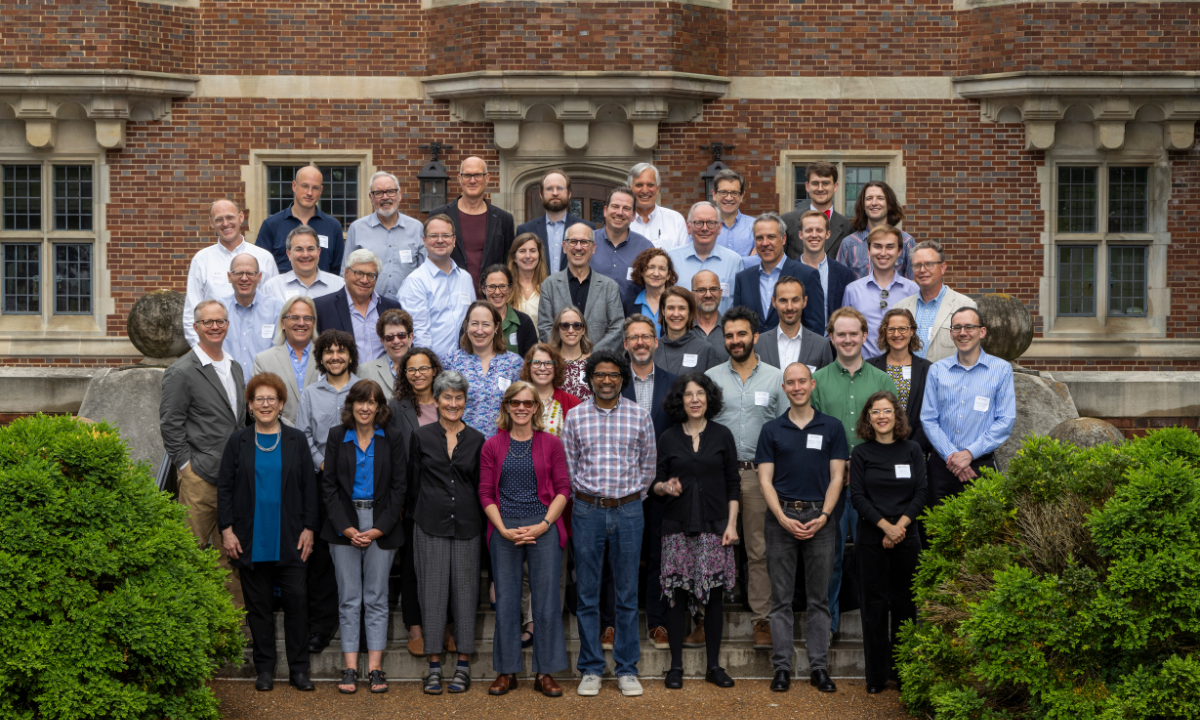
VPA and history department examine how the New Deal was run
On May 3 and 4, the Vanderbilt Policy Accelerator for Political Economy and Regulation and the Vanderbilt University Department of History hosted “How the New Deal Was Run,” a conference about the implementation of the New Deal programs that transformed American life in the 1930s and beyond. Read MoreMay 13, 2024
-

Clinton named 2024 Carnegie Fellow to study causes of political polarization
Josh Clinton, who holds the Abby and Jon Winkelried Chair and serves as professor of political science and co-director of the Center for the Study of Democratic Institutions, has been named a 2024 Andrew Carnegie Foundation Fellow. He joins 27 other scholars nationwide being recognized for their research into the polarization of society and the fortification of our democracy. Read MoreMay 8, 2024
-
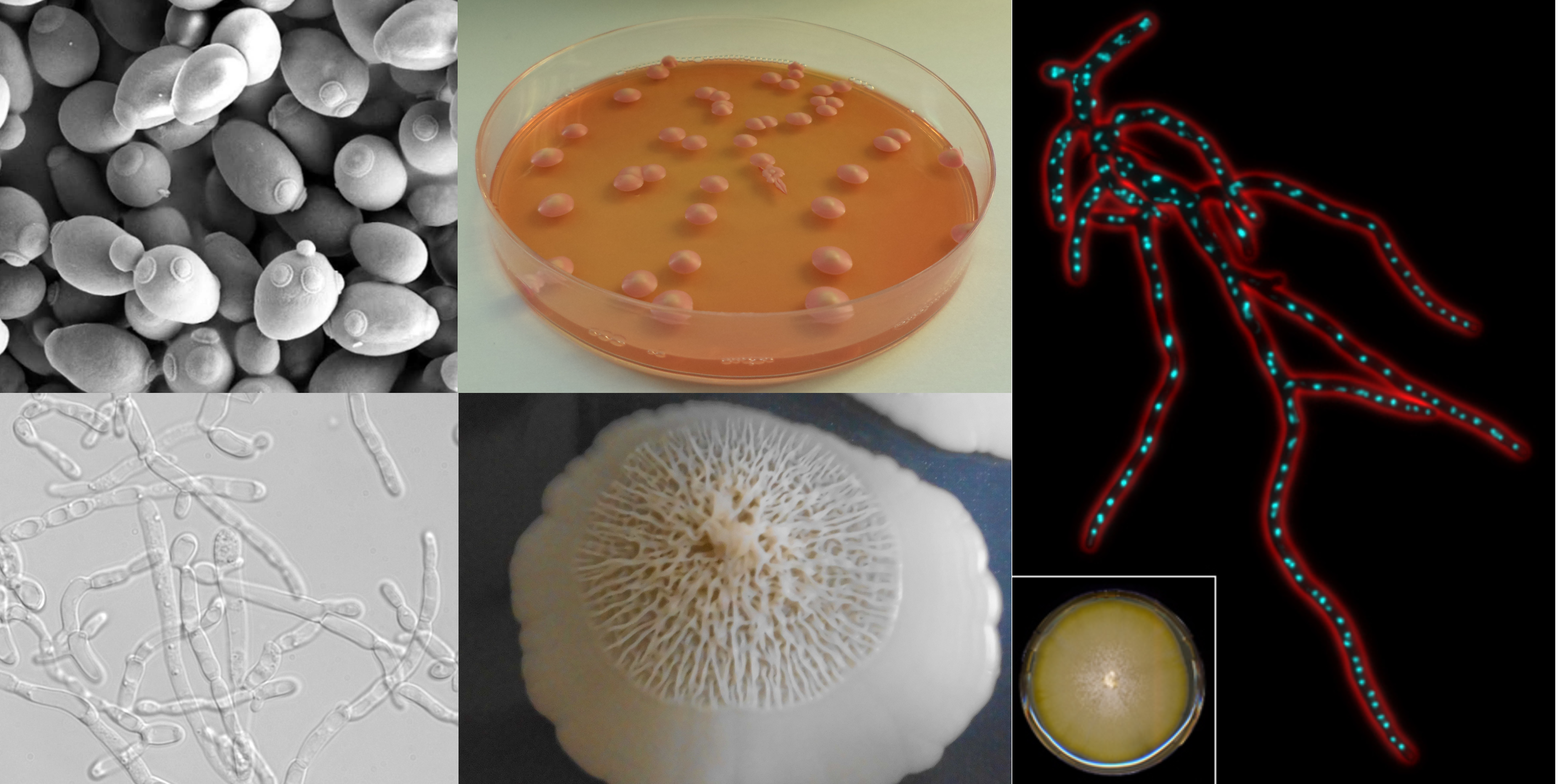
Vanderbilt researchers flip the script on yeast ecological diversity
A mere decade ago, decoding the genome of every organism in a major branch of the tree of life and deciphering their diets was a pipe dream. In a groundbreaking study, a team of researchers from Vanderbilt University, the University of Wisconsin-Madison and other institutions worldwide have done just that for the first time ever. Led by Abigail LaBella, a postdoctoral researcher in the Rokas Lab, an international research team used the genomes and diets of nearly all known species from an ancient lineage of yeasts to understand the evolution of generalists and specialists. Read MoreMay 8, 2024
-

Seven Vanderbilt faculty members named fellows by the American Association for the Advancement of Science
After a rigorous nomination and review process, Vanderbilt University professors -- Jada Benn Torres, David Cliffel, Volker Haase, Janet Macdonald, Xiao-Ou Shu, Keith Wilson and Zheng Wei -- were named fellows of the American Association for the Advancement of Science. Read MoreApr 25, 2024
-
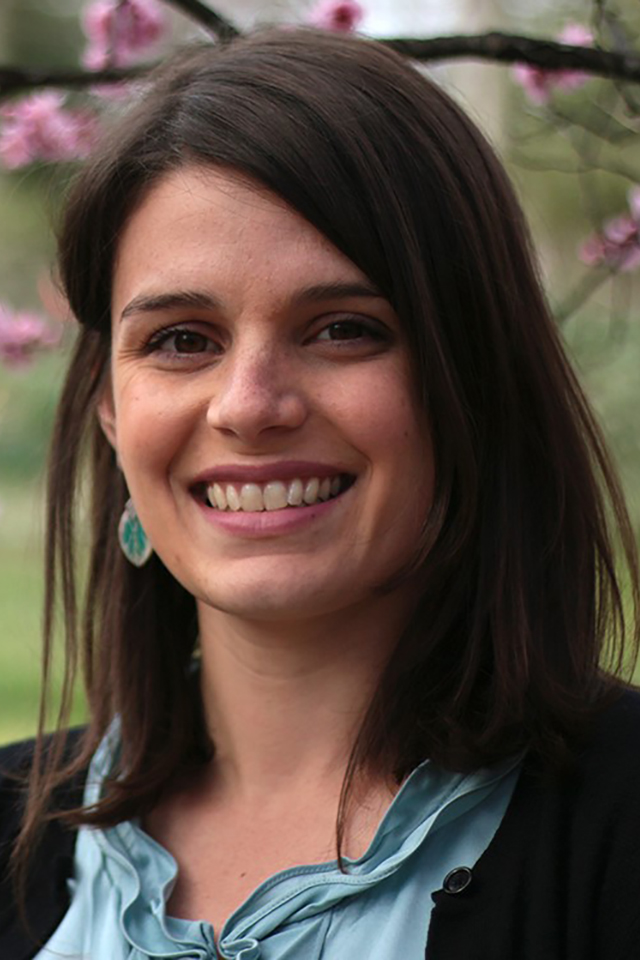
Tapping Into The Past
With a prestigious new grant, archaeologist Ari Caramanica will explore what ancient people can teach us about dealing with the most pressing environmental issue of our time. Read MoreApr 25, 2024
-

Vanderbilt scientist collaborates with Cajal Institute in Spain to train a bank of AI models to identify memory formation signals in the brain
The researchers, including Vanderbilt’s team led by Kari Hoffman, focused their efforts on the detection of hippocampal ripples, which are considered biomarkers of memory and are affected by epilepsy and Alzheimer’s disease. Read MoreApr 15, 2024
-
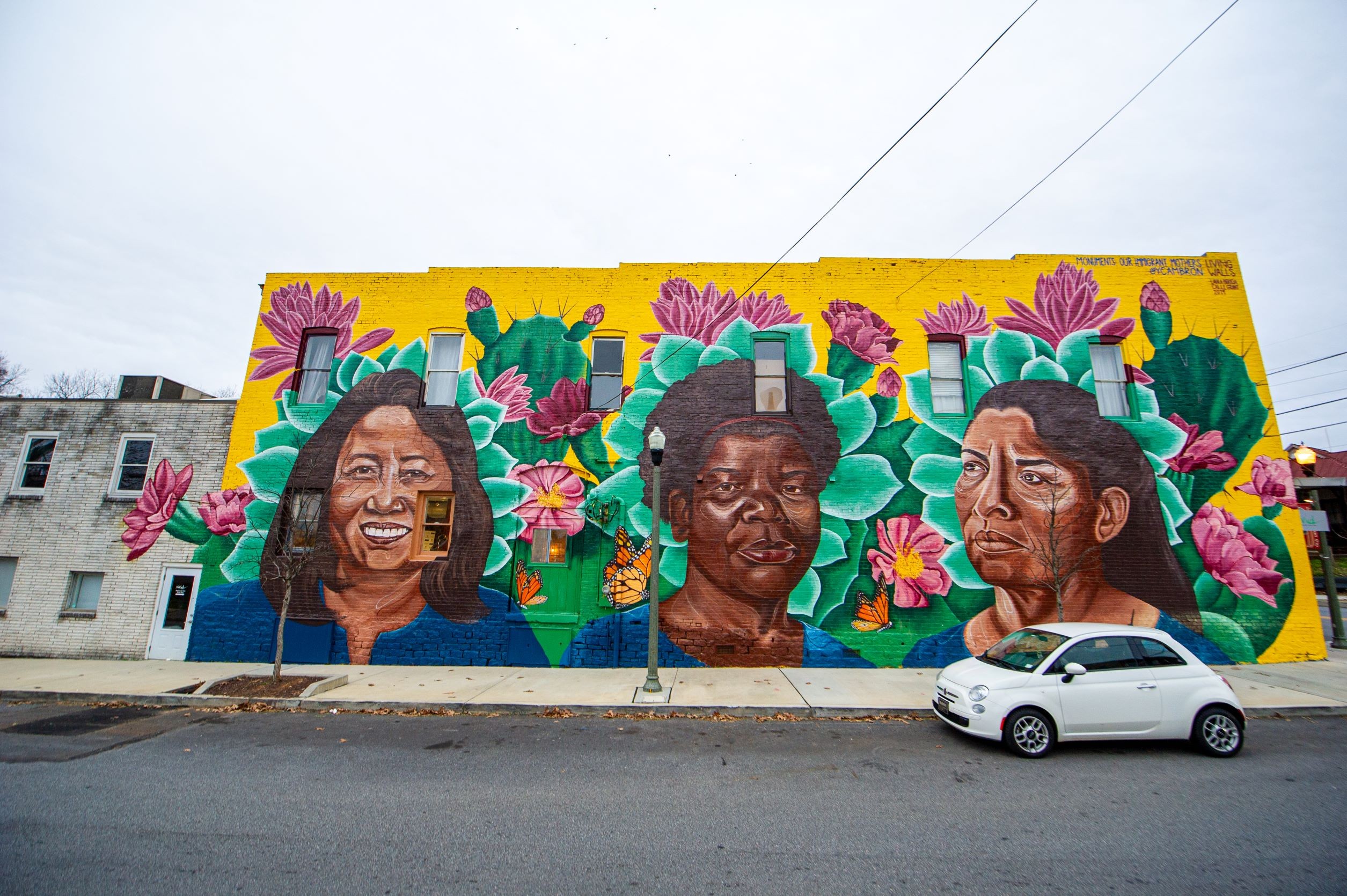
CLACX: A legacy and future of leadership and evolution
For more than 75 years, Vanderbilt has been a pioneer in the study of the Americas, forging new paths to innovate, shape, and advance the field. Now, the Center for Latin American, Caribbean, and Latinx Studies once again finds itself at the forefront, driving important changes in education, research and programming, both at the university and across the country. Read MoreApr 8, 2024
-
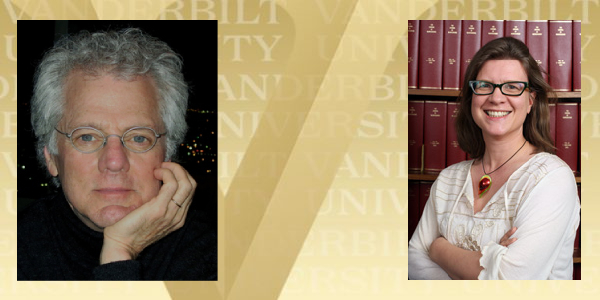
Two A&S psychology faculty receive prestigious awards in vision sciences
Randolph Blake, Centennial Professor of Psychology, won the 2024 Ken Nakayama Medal for Excellence in Vision Science Award for lasting, high-impact contributions to vision science. Isabel Gauthier, David K. Wilson Professor of Psychology, won the 2024 Davida Teller Award for exceptional scientific achievements, commitment to equity, and a strong history of mentoring. Read MoreApr 4, 2024
-
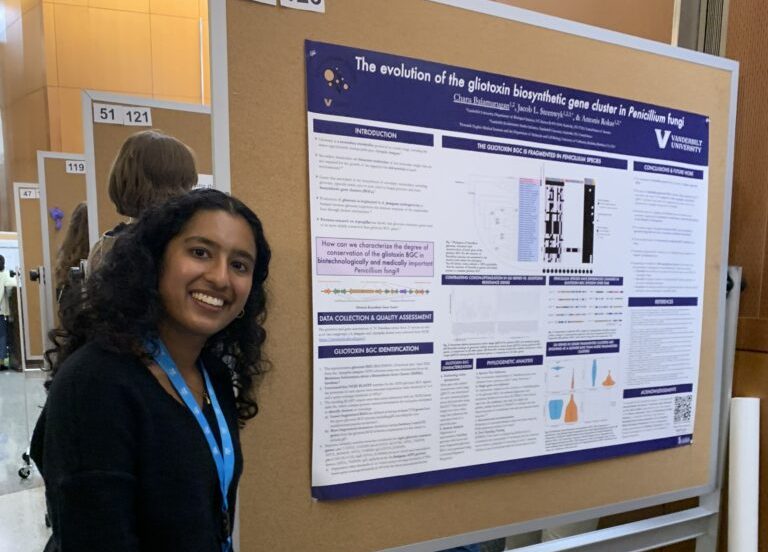
Beckman Scholar Charu Balamurugan unveils evolutionary insights into Penicillium secondary metabolites
Beckman Scholar Charu Balamurugan, an undergraduate researcher in the Rokas lab at Vanderbilt University, has shed light on the intricate evolutionary patterns governing secondary metabolite biosynthesis in fungi. Balamurugan delved deep into the genomes of Penicillium species, uncovering fascinating insights into the conservation and evolution of biosynthetic gene clusters and associated resistance genes. Read MoreApr 4, 2024
-
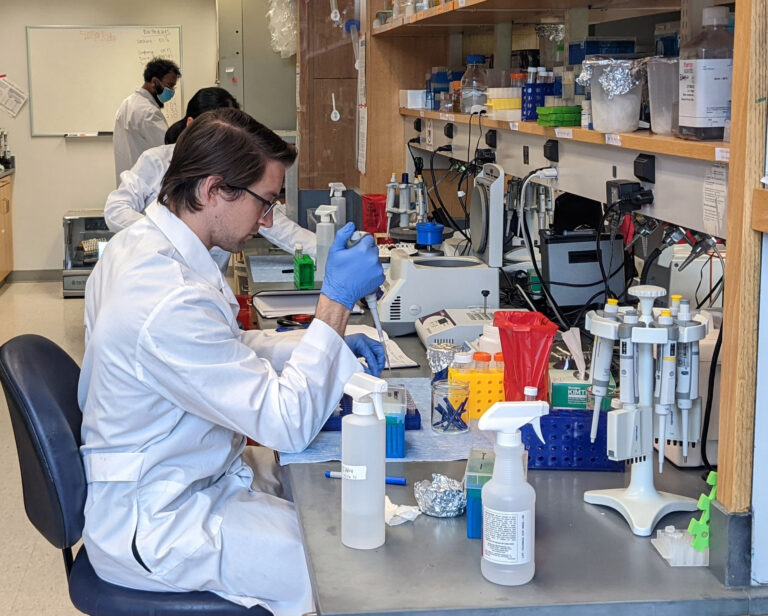
Insect immune insights: Researchers unveil immune system dynamics
Justin Critchlow, a recent Ph.D. student in Ann Tate’s lab, just published a paper with the labmates Arun Prakash, Katherine Zhong, and Tate, uncovering the intricacies of beetle immune dynamics. This paper sheds light on the dynamics of survival, resilience, and the profound complexities inherent in evolutionary adaptations. Read MoreApr 4, 2024
-

Vanderbilt Poll: City ‘back on the right track,’ Nashvillians largely unified across issues
According to the 2024 Vanderbilt Poll–Nashville, a majority (53 percent) of Nashvillians believe the city is on the right track, which represents a nine-point increase from last year. It is the first time in four years the measure has increased. Read MoreApr 4, 2024
-
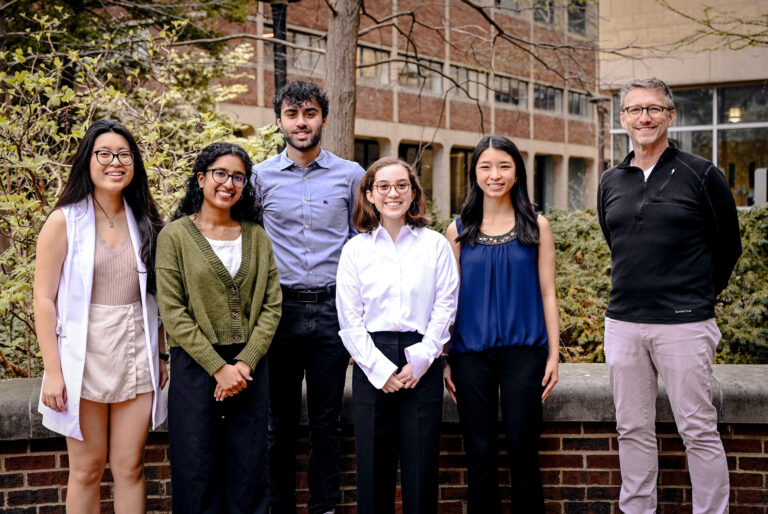
15 years of the Beckman Scholars Program: Providing unparalleled undergrad research opportunities
The highly selective Beckman Scholars Program is celebrating 15 years of partnership with the College of Arts and Science. Over the years, the Arnold and Mabel Beckman Foundation has provided more than $543,000 in support of 23 undergraduate Beckman Scholars at Vanderbilt who engage in unique, hands-on, mentored research. Read MoreApr 3, 2024
-

NIH honors Vanderbilt with prestigious research prize
Vanderbilt University has been awarded a prize from the National Institutes of Health for its creation of the LGBTQ+ Policy Lab, which advances a culture of inclusion for sexual and gender minority individuals through interdisciplinary research and collaboration. Read MoreMar 29, 2024
-

McLean awarded Herty Medal for chemistry achievements, distinguished service
John A. McLean, Stevenson Professor of Chemistry and dean of graduate education and research in the College of Arts and Science, has been named the winner of this year’s Charles H. Herty Medal by the Georgia Section of the American Chemical Society. The award recognizes outstanding work and service by a chemist in the Southeast. Read MoreMar 26, 2024